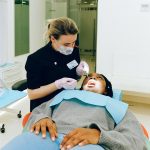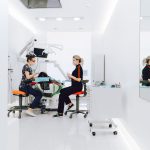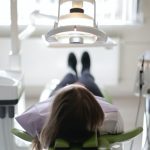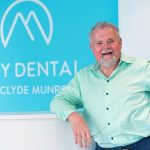Fast, comprehensive and accessible testing, and the ongoing, ample supply of protective kit are among measures that must be in place for the NHS to be opened up safely as the UK begins to ease the lockdown, say health unions today.
The 16 unions – including the British Dental Association, UNISON, the Royal College of Nursing, the Royal College of Midwives, the Chartered Society of Physiotherapy, Unite and GMB – have drawn up a nine-point blueprint, which also calls for salaried staff -including hospital and community dentists – to be paid properly for every hour worked. The unions want to ensure that – as out-patient clinics and operations resume – the NHS continues to operate a safety-first approach.
The unions represent more than a million staff working in the NHS across the UK – including dentists, porters, nurses, radiographers, physiotherapists, midwives, 999-call handlers, cleaners, healthcare assistants and paramedics. They all want to avoid a repeat of the personal protective equipment (PPE) supply problems experienced earlier in the pandemic. These shortages sapped staff confidence, causing widespread and unnecessary anxiety, say unions. Access to readily available PPE is especially important as employers in other parts of the economy begin to open up their workplaces and source protective kit for staff, say unions.
The blueprint also suggests that, over the next few months, trust managers deploy many of the 40,000 staff who’ve returned to the NHS to relieve areas experiencing staffing shortages. Their presence could allow overworked staff some much-needed time off, say unions. While the priority remains saving lives, and keeping health workers and patients safe, unions are calling on the government to ensure staff working through the pandemic get proper overtime and are paid for every hour they’re at work.
Unions want NHS employers to work with them so that the high value the public has placed on staff is reflected in pay talks, due to take place later this year. There can be no return to pay freezes and austerity, say the unions.
Chair of the BDA’s England Community Dental Services Committee (ECDSC) Charlotte Waite said: “Community dentists have been at the forefront of setting up Urgent Dental Care Centres in England and have often gone the extra mile working long hours, to ensure patients in need have the care they require. This blueprint offers a firm foundation for many overstretched colleagues who have stepped up admirably to support the national effort.
“All of my colleagues want the reassurance of a good supply of appropriate PPE, that reopening clinics will be safe for both patients and staff and that the efforts NHS dental staff have made and will be making during the COVID 19 crisis, is fully recognised in the coming pay round for doctors and dentists.”
Chair of the British Dental Association’s Central Committee for Hospital Dental Services (CCHDS) Peter Dyer said: “Hospital dentists have been fully engaged in the wider pandemic efforts across our trusts. Colleagues are either offering a skeleton dental service for those in need or have redeployed from ICU to geriatric wards. In March we wrote to the NHS offering the full support of employed dentists across hospital and community dental services and dental academia in the battle against Covid. We felt it was the right thing to do and are proud to have done so. This blueprint demonstrates what is important to dentists, ensuring safe working practices, full PPE and ensuring that a return to patient clinics means a safe return for all staff in hospital departments and their patients.”














